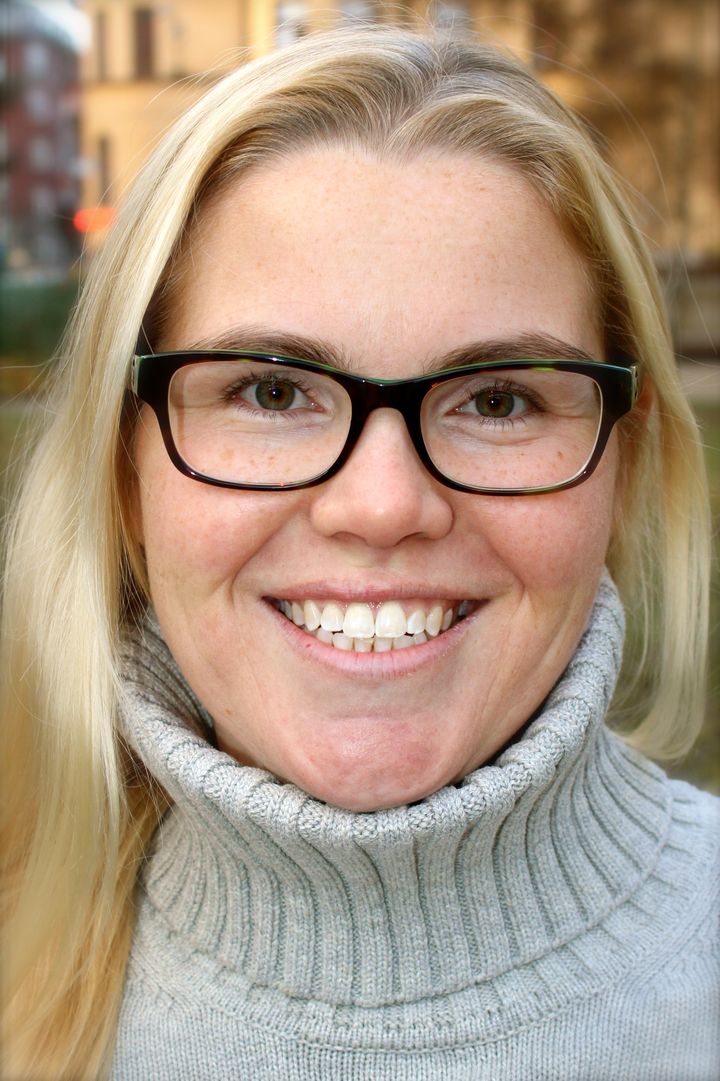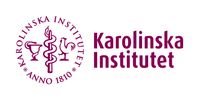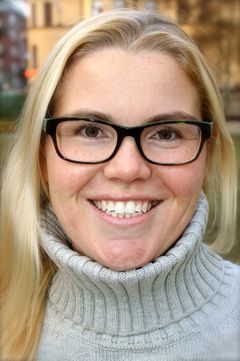Link between PCOS in the mother and autism in the child
[PRESS RELEASE, 8 DEC. 2015] Children born to mothers with polycystic ovarian syndrome, PCOS, are at an increased risk of developing autism spectrum disorders, according to a new epidemiological study from Sweden's Karolinska Institutet. The findings, which are published in the journal Molecular Psychiatry, support the notion that exposure to sex hormones early in life may be important for the development of autism in both sexes.

The new study is the first report that demonstrates a link between maternal polycystic ovarian syndrome, PCOS, and autism spectrum disorders, ASD, in children. ASD represent a range of neurodevelopmental disorders characterised by impairments in language and social interaction, as well as stereotypic, repetitive behaviours. The underlying causes are not entirely clear, but there are several lines of evidence that indicate that exposure to certain sex hormones early in life may play a role in the development of ASD. These sex hormones, known as androgens, are responsible for development of male-typical characteristics. Androgens also affect the development of the brain and central nervous system. Since women with PCOS have increased levels of androgens even during pregnancy, the investigators hypothesised that the disorder might affect the risk of ASD in the children. 5-15 per cent of women of child-bearing age are affected by PCOS, making it one of the most common endocrine disorders. The researchers used the extensive nationwide Swedish health and population register databases and studied all children aged 4-17 who were born in Sweden from 1984 to 2007. The researchers used an anonymised dataset where all personal identifiers had been removed. They identified around 24 000 ASD cases and compared them to 200 000 controls. ”We found that a maternal diagnosis of PCOS increased the risk of ASD in the offspring by 59 per cent”, says Kyriaki Kosidou, lead researcher on the study, at the Department of Public Health Sciences. ”The risk was further increased among mothers with both PCOS and obesity, a condition common to PCOS that is related to more severely increased androgens.” ASD are about four times more common in boys than girls, but there were no observed differences in risk between boys and girls in the study. The mechanisms that explain the association between maternal PCOS and ASD in the children were not explored in this epidemiological study. In addition to increased exposure to maternal androgens, other possibilities are that shared genetic influences between the two conditions, or other metabolic problems common to PCOS, might partly explain the relationship. Further studies are necessary to explore and replicate the finding. ”It is too early to make specific recommendations to clinicians in terms of care for pregnant women with PCOS, though increased awareness of this relationship might facilitate earlier detection of ASD in children whose mothers have been diagnosed with PCOS”, says Renee Gardner, senior investigator on the study, also at the Department of Public Health Sciences. Several of the investigators are also affiliated to the Stockholm County Council (SLL) Centre for Epidemiology and Community Medicine. This work was financially supported by Autism Speaks, the Stiftelsen Sunnerdahls Handikappfond Foundation, the Swedish Regional agreement on medical training and clinical research (ALF), and the Swedish Research Council. Publication: 'Maternal polycystic ovary syndrome and the risk of autism spectrum disorders in the offspring: A population-based nationwide study in Sweden', Kyriaki Kosidou, Christina Dalman, Linnea Widman, Stefan Arver, Brian K. Lee, Cecilia Magnusson, Renee M. Gardner, Molecular Psychiatryx, online 8 December 2015, doi: org/10.1038/MP.2015.183
Contacts
For further questions, please contact:
Kyriaki Kosidou, MD, PhD
Department of Public Health Sciences, Karolinska Institutet
Mobile: +46 (0)70 720 5880
E-mail: Kyriaki.Kosidou@sll.se
Renee Gardner, PhD, Assistant Professor
Department of Public Health Sciences, Karolinska Institutet
Mobile: +46 (0)70 355 5756
E-mail: renee.gardner@ki.se
To contact the Press Office and download images (http://ki.se/pressroom)
Images
Karolinska Institutet (http://ki.se) är ett av världens ledande medicinska universitet med visionen att på ett avgörande sätt bidra till att förbättra människors hälsa. I Sverige står Karolinska Institutet för drygt 40 procent av den medicinska akademiska forskningen och har det största utbudet av medicinska utbildningar. Varje år utser Nobelförsamlingen vid Karolinska Institutet mottagare av Nobelpriset i fysiologi eller medicin.
Subscribe to releases from Karolinska Institutet - English
Subscribe to all the latest releases from Karolinska Institutet - English by registering your e-mail address below. You can unsubscribe at any time.
Latest releases from Karolinska Institutet - English
New method reveals how the brain and inner ear are formed3.4.2025 20:00:00 CEST | Pressmeddelande
Researchers at Karolinska Institutet have developed a method that shows how the nervous system and sensory organs are formed in an embryo. By labelling stem cells with a genetic ‘barcode’, they have been able to follow the cells’ developmental journey and discover how the inner ear is formed in mice. The discovery, published in Science, could provide important insights for future treatment of hearing loss.
Fluoride in drinking water is associated with impaired childhood cognition7.3.2025 15:30:00 CET | Pressmeddelande
Elevated concentrations of fluoride can occur in well water, and in some countries, it is added to drinking water to counteract caries in the population. A study from Karolinska Institutet in Sweden now supports a few previous studies indicating that exposure to fluoride during the fetal stage or early childhood may impair cognition in children. The study is published in the journal Environmental Health Perspectives.
Children with ARFID face increased risk of disease17.2.2025 17:00:00 CET | Pressmeddelande
Children with avoidant restrictive food intake disorder (ARFID) have an elevated risk of developing psychiatric and physical conditions, a new study from Karolinska Institutet published in JAMA Pediatrics reports. The study highlights the importance of early identification to improve care of these children.
Preterm babies receive insufficient pain management27.1.2025 15:29:17 CET | Pressmeddelande
A large proportion of babies born very early need intensive care, which can be painful. But the healthcare system fails to provide pain relief to the full extent. This is shown by the largest survey to date of pain in neonatal care, now published in the journal Pain.
New study paves way for immunotherapies tailored for childhood cancers20.1.2025 17:00:00 CET | Pressmeddelande
Researchers at Karolinska Institutet and the Astrid Lindgren Children’s Hospital in Sweden have determined how children’s immune systems react to different kinds of cancer depending on their age. The study, which is published in the journal Cell, reveals significant differences between the immune response of children and adults, and has the potential to lead to new tailored treatments for children with cancer.
In our pressroom you can read all our latest releases, find our press contacts, images, documents and other relevant information about us.
Visit our pressroom

